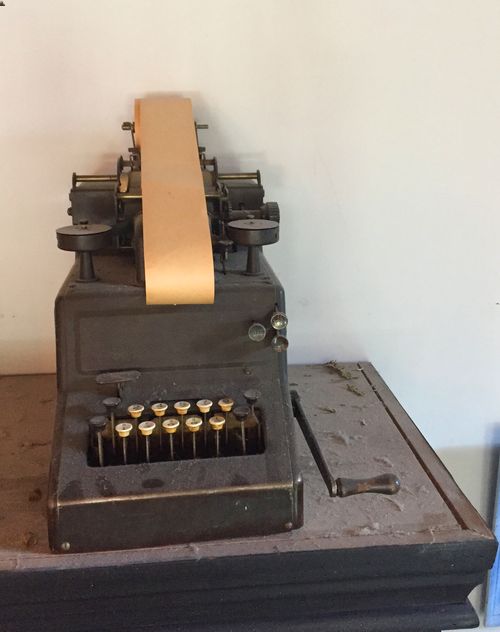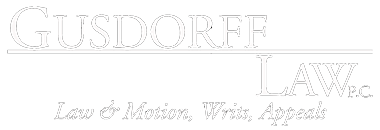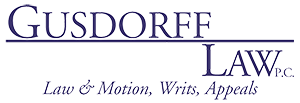- Appellate Consulting, Appellate Litigation
The record on appeal is an indispensable part of any California Court of Appeal writ or appeal. Appellate attorneys strive to present an accurate and complete record for the court’s consideration. But what happens if you discover the clerk’s transcript or appendix is missing documents? Or there’s an error that must be fixed? Do you have any options if you forgot to include something in the transcript or appendix? What if you forgot to designate a specific hearing to include in the reporter’s transcript?
These and similar questions may be addressed by augmenting and/or correcting the record on appeal. As with other procedures in California appellate courts, complex rules oversee this process. The dedicated appellate attorneys of Gusdorff Law offer practical pointers.
Augmenting the Record on Appeal
The Rules of Court do not limit the time for moving to augment the record on appeal. However, local rules may dictate deadlines. The Second Appellate District, for instance, requires the appellant to file requests for augmentation in one motion within 40 days of the filing of the record or the appointment of counsel. The respondent should file requests for augmentation in one motion made within 30 days of the filing of the appellant’s opening brief. Thereafter, the Second Appellate District will not grant any motions to augment except upon a showing of good cause for the delay.
The augmented record may include any document filed or lodged in the superior court. It may also include a certified transcript or agreed statement of oral proceedings not designated under rule 8.130. The motion must include a copy (if available) of the document the moving party wishes to add to the record. The copy must be paginated in consecutive order. If the court allows the record to be augmented, it may include this copy. If a copy cannot be added, the party must identify it as required under rules 8.122 and 8.130.
Omissions and Corrections
If a required or designated document was omitted from the record, a different procedure applies. A party must file and serve a notice in superior court specifying the omitted portion. The notice will request that the omitted portion be prepared, certified, and sent to the Court of Appeal. The requesting party must also serve a copy of this notice on the Court of Appeal.
The court clerk or reporter must comply with this notice within ten days of the filing. Failure to comply allows a party to augment, as specified above with a copy of the notice.
A party may motion the Court of Appeal to order the correction or certification of any part of the record. The court may order the superior court to settle disputes about either omissions or mistakes in the record.
The Court of Appeal must notify all parties of the receipt and filing of any matter mentioned above.
Augmenting and Correcting after the Record is Certified
There are instances in which the trial court amends the judgment after the record on appeal is certified. The court clerk must immediately certify and send amended judgments and other orders to the Court of Appeal and defendant’s appellate counsel. The same must be done for any document or transcript related to the amended judgment.
If omissions are discovered after the record is certified, the clerk of superior court must augment the record. This covers any document or transcript that is required to be included in the record. The document or transcript must be certified, prepared, and sent to the Court of Appeal. Proper notice must be given to the parties mentioned above.
These rules are fairly amenable to ensuring that the record on appeal is complete and accurate. Some of these rules impose obligations on the clerk of court. But taking action without delay, as soon as a mistake is identified, is the best practice. Counsel should be aware of the applicable rules (8.155 and 8.340), as well as local court rules, and ensure they are being followed.
Our firm regularly handles augmentation and correction of the record on appeal. Let Gusdorff Law handle your California appeal by scheduling a consultation with us today.









